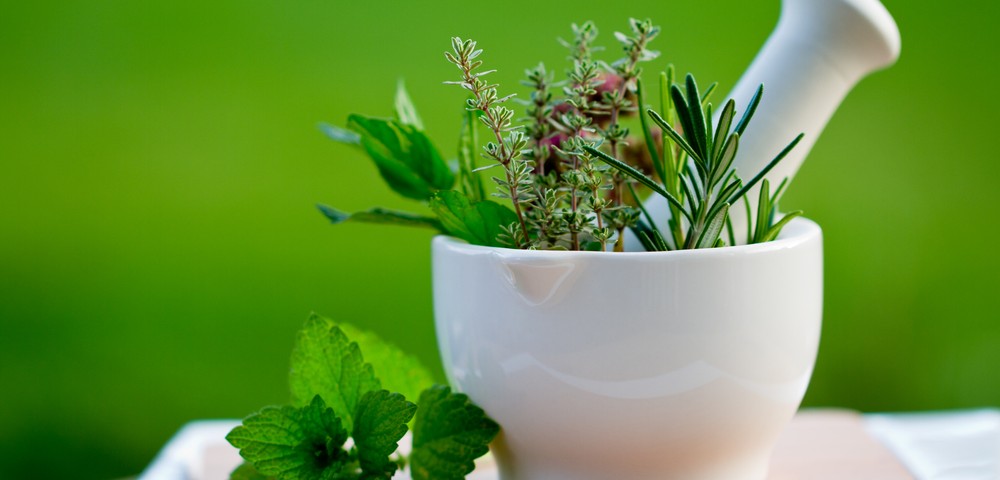A multidisciplinary team led by investigators from the Dokkyo Medical University Koshigaya Hospital, Saitama, Japan, investigated the efficacy and tolerability of Gosha-jinki-gan, a traditional Japanese medicinal plant, in patients with nocturia who are clinically unresponsive to the most commonly used pharmaceuticals to treat the condition, α1-blockers or antimuscarinic drugs.
The study, “Clinical efficacy and tolerability of Gosha-jinki-gan, a Japanese traditional herbal medicine, for nocturia,” published in the latest edition of the Journal of Traditional and Complementary Medicine, suggested the treatment may be useful to these patients.
To understand the effects of Gosha-jinki-gan for nocturia, a prominent condition associated with benign prostatic hyperplasia (BPH), the researchers treated 30 patients with clinically unresponsive nocturia with a powder extract of Gosha-jinki-gan three times a day as an add-on therapy to α1-blockers or an antimuscarinic drug regimen.
After 12 weeks of treatment, they analyzed patients’ night-time voiding symptom severity utilizing the International Prostate Symptom Score, as well as the benign prostatic hyperplasia impact index.
Results showed a significant improvement in both urinary frequency and urine production rate at night, with only mild adverse events observed in 10 percent of the study’s population. Moreover, the results suggested that in patients with treatment-resistant nocturia, Gosha-jinki-gan could be used as a safe and effective therapeutic alternative.
“Gosha-jinki-gan exerts an inhibitory effect on the micturition reflex, and is a potentially safe and useful add-on treatment for patients with nocturia resistant to α1-blockers or antimuscarinic drugs. However, further clinical investigations are required to elucidate the precise mechanisms of Gosha-jinki-gan in nocturia pathophysiology,” the authors concluded.
“The major limitations of this study are the small number of patients, lack of a placebo-controlled group, and no urodynamic data. In cases of lower urinary tract symptoms, which have a strong placebo component, the possibility of a placebo effect might be high. Therefore, it is difficult to conclude that Gosha-jinki-gan is effective for nocturia. To overcome these disadvantages, we need a large-scale placebo-controlled prospective study,” they added.

